Repost: On Hannibal Lecter, transness, and creation through annihilation
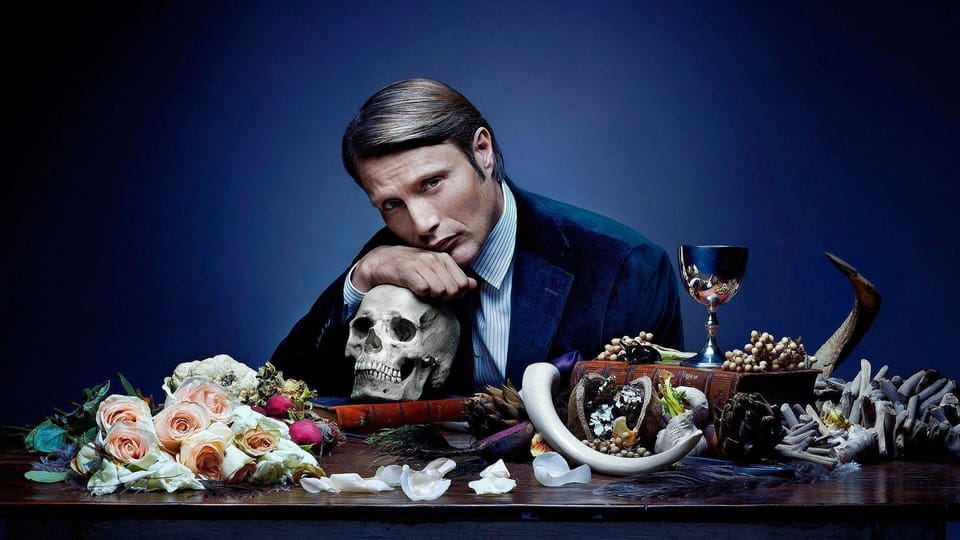
Hey, all. Emily here.
This piece by Loa Beckenstein on finding transness in the character of Hannibal Lecter (and the TV show of the same name) was one of the most popular in the early days of this version of the newsletter. As such, I thought it would be a great one to re-up. If you haven't read it before, you're in for a treat. If you have, I hope you appreciate the rerun. It's one of the best things we've run on this platform!
Loa is currently going through some significant hard times, and if you could take a look at their fundraiser and chip in a bit, that would be lovely. Regardless of if you can contribute, you're about to read a pretty incredible piece. –Em
My ear will be blue until I’m dead because I wanted to impress a boy when I was 24. I let zir give me a stick n poke with a barely sterilized sewing needle in zir kitchen while zir cat and roommate watched. I have a bunch of tattoos, and find the sensation calming at this point, but the second this needle went in I knew it wasn’t the same.
Ze sliced deep. I felt the shape of the needle, the difference in the ways my skin stuck to it when it went in and when it came back out. I felt my ear throb, and I felt it turn red, and I watched paper towels of my blood pile up on the kitchen table. I was trying very hard to be butch about it, and I knew I was doing a bad job but I also knew I wasn’t going to tell zir to stop. Ink is supposed to stay in the top layers of your skin, and when you go too deep, it buries its way inside you, clawing itself into your fat. Sometimes it pulls itself out in a few weeks; mostly, it doesn’t.
I’ve fallen in with a group of trans people who bring up Hannibal when they want to test the waters for flirting. It’s not about signaling what we’re into so much as how we think about bodies. Hannibal is the only thing I’ve ever seen portray desire in the way I experience it: haunted by disgust. Disgust is different from shame, although there’s certainly overlap. Shame is about you, a way you are wrong or have done wrong. Disgust is about something external. It means you’ve encountered a way of being that is so wrong you cannot stand to be near it.
Hannibal, which ran from 2013 through 2015, is a cat-and-mouse game between Hannibal Lecter, the elegant cannibal best known from The Silence of the Lambs, and Will Graham, the FBI consultant trying to stop him. It is also a 29 hour gallery of mutilation. Every dead body is a luxurious statue, an ode or damnation of the once-alive. Bodies aren’t plot points; they’re the story itself. We are not allowed to look away. More accurately, the series presents us with bodies for long enough that we can’t get away with covering our eyes and asking someone else to be responsible for when we open them. It forces us to confront the fact that, after the initial flinch, both looking and looking away are active decisions. When we look for long enough and the disgust starts to dissipate, we’re forced to confront the fact that disgust is rarely an end point.
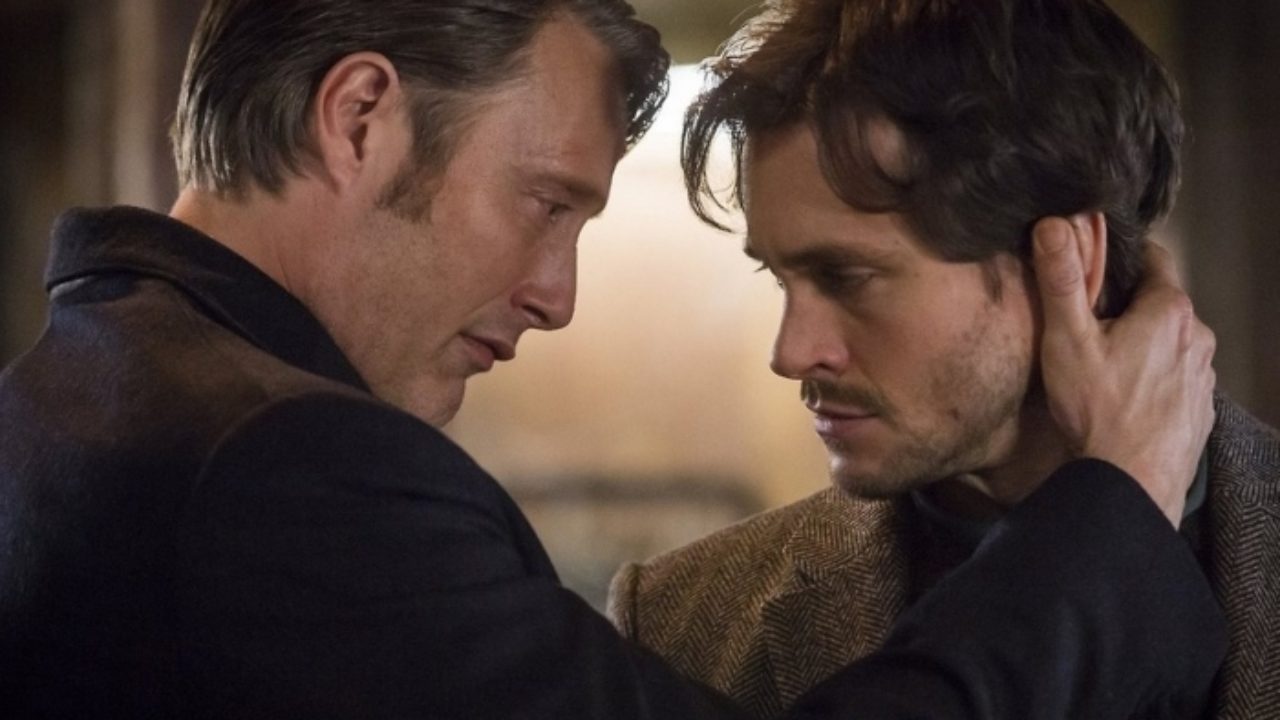
Will’s issue with Hannibal isn’t so much Hannibal’s actions as the ways in which Will is drawn to them. Hannibal is magnetic, and he reels Will in with gaslighting and manipulation and abuse of power. But he’s also dangling a promise in front of Will’s nose. If you can hate me, he promises, if you can just separate yourself from me, this will all be over. All you have to do is not care. But Will finds himself continuously moving closer and closer to Hannibal, unsure if he’s circling in for the kill or to be the kill. There is something about Hannibal that Will wants, and he’s terrified of what that want might be made of. It becomes increasingly uncomfortable to identify with Will. If Will’s need to keep looking at the bodies means that Will maybe wants to be or be like or be with Hannibal, where does that leave us?
It is politically shrewd to talk about transness as positive, even creative. Surgery “affirms,” we are “self-made,” we “become who we were always meant to be.” It’s a strategy in a war with many fronts. We need frameworks that are about who we are, not about what we’re not. We’re fighting for rights and access and understanding. We find ourselves translating into capitalism — we’re producing ourselves so that we’re able to perform better. I learned that if trans desire wasn’t positive, it was self-loathing, and if it was self-loathing, it was a political and moral failure. I learned to not want to be destroyed, or be made unrecognizable, or be turned into someone else, something else.
Top surgery is the single best decision I’ve ever made. It is also the most horrifying. They stopped my breathing and cut me open and took parts of my body away from me. When I woke up, there was less of me than there had been before. My scars feel like rubber, and for years I didn’t touch them because I would get nauseous. One side of my chest ripples concave when I move, and when I catch it in the mirror, it always takes me a millisecond to recognize myself as solid. It doesn’t feel like I created my body so much as I asked someone I didn’t trust to destroy it.
Hannibal creates through annihilation. He extinguishes people’s consciousness, spirit, soul, whatever. From the ashes, from what we’ve always considered the end, he makes their bodies matter. It’s true of every killer on the show. Someone turns people into a mushroom farm. His victims sustain life in a way that we think is impossible because we put human life first. Another turns someone into a cello. People can now use that body to create breath-taking beautiful tear-wrenching music that we never dared to think could come from our bodies. My favorite killer creates angels. He makes bodies holy in ways we’ve been trained to know that we can’t.
Disgust is rarely an end point, but desire is. I am firmly of the belief that there is no such thing as a bad desire, only shitty actions. But when you want something you think is wrong, it can become hard to maintain a sense of self. You may be confident that you’d never do it, but that only means you can never be sure you wouldn’t like it if you did.
In the pilot, Will shoots and kills someone. There’s always some question about the morals of taking a life, but even when asking that question this is pretty clear cut -- he saves a teenager in immediate danger by killing a serial killer. Will is surrounded by murder and motive every day of his life, but he’s never actually killed someone before. He becomes haunted, obsessed. Even people who are hyper-empathetic have a separation between self and other. But now Will is a murderer, and the boundary is completely lost. Hannibal asks Will if he’s upset because he killed someone, or upset that he liked it. Will spends the entire rest of the show dealing with his answer.
Hannibal does not care about body positivity. Bodies as-is are boring. It’s interested in what happens when we reconsider what a body could be. It doesn’t ask us to replace horror with beauty, but it does ask us to recognize that some beauty is dependent on violence. The dead on Hannibal have no agency. They’ve been done to. Wanting them is a total abdication of responsibility. It becomes a playground for cravings. What would it feel like to have your body be destroyed? Transgressed? Ruined? What would it feel like for your body to be ripped out of its old meaning and forced into something else, something new and evil and horrifying? And the inverse: what would it feel like to want to destroy, transgress, change the meaning of a body that does not belong to you?
Will worked at the FBI for a long time before Hannibal showed up. After field work became too much, he stayed to teach. When he’s sent back into the field at the beginning of the show, he’s reluctant, but he goes anyway. Hannibal didn’t chose Will to torture because he was easy; he chose him because he could feel how much Will wanted, and how good Will was at telling himself he didn’t. Will tells us that it’s getting harder and harder to make himself look. But he keeps looking. And so do we. Sometimes, all we need is permission to pretend.
This week's reading music: "I See a Darkness" by Johnny Cash
The free edition of Episodes is published most Wednesdays, which (usually) covers classic TV and film, and the subscriber-supported edition of Episodes, which covers more recent stuff, is published every Friday. It's written by Emily St. James. If you have suggested topics, please reply to the email version of this newsletter or comment (if you are a paid subscriber).
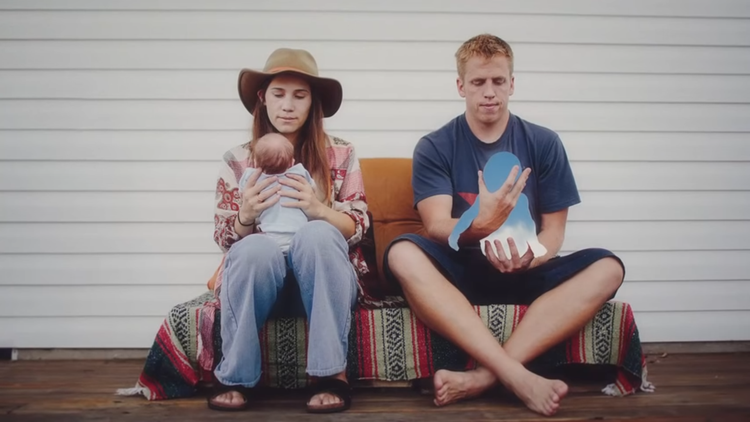
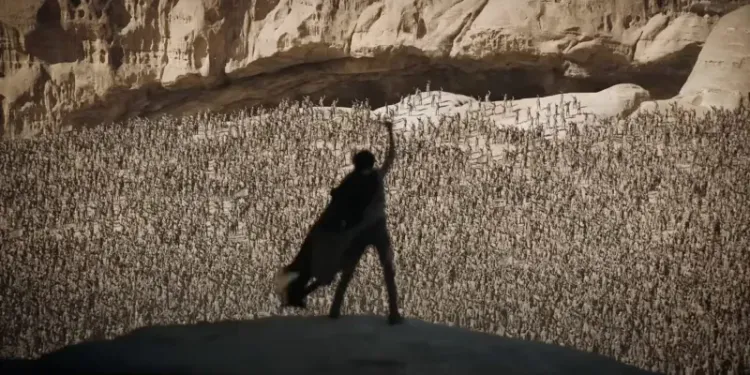

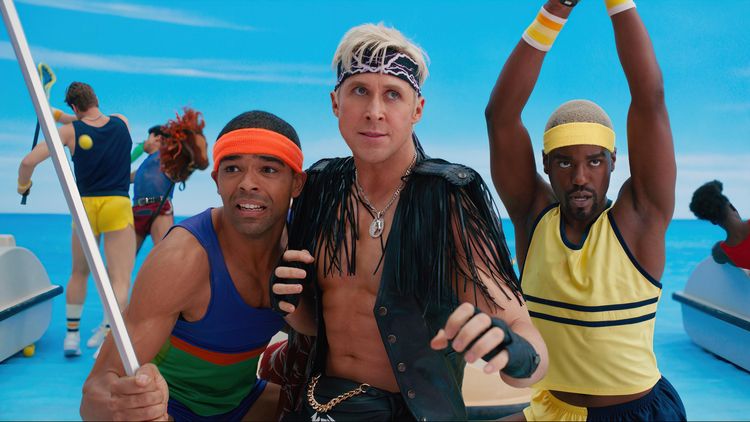
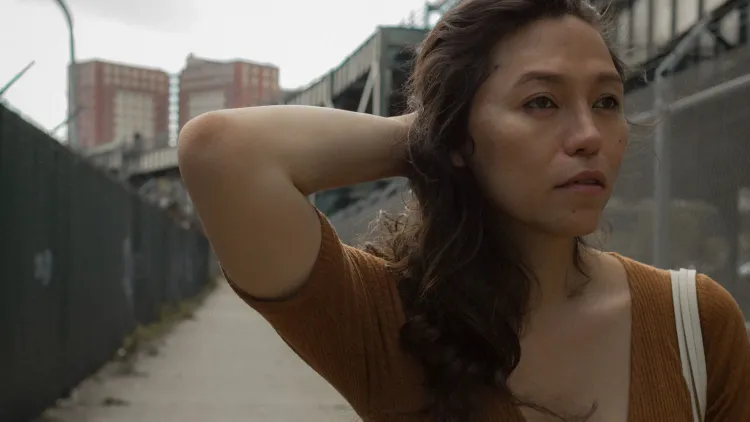
Member discussion